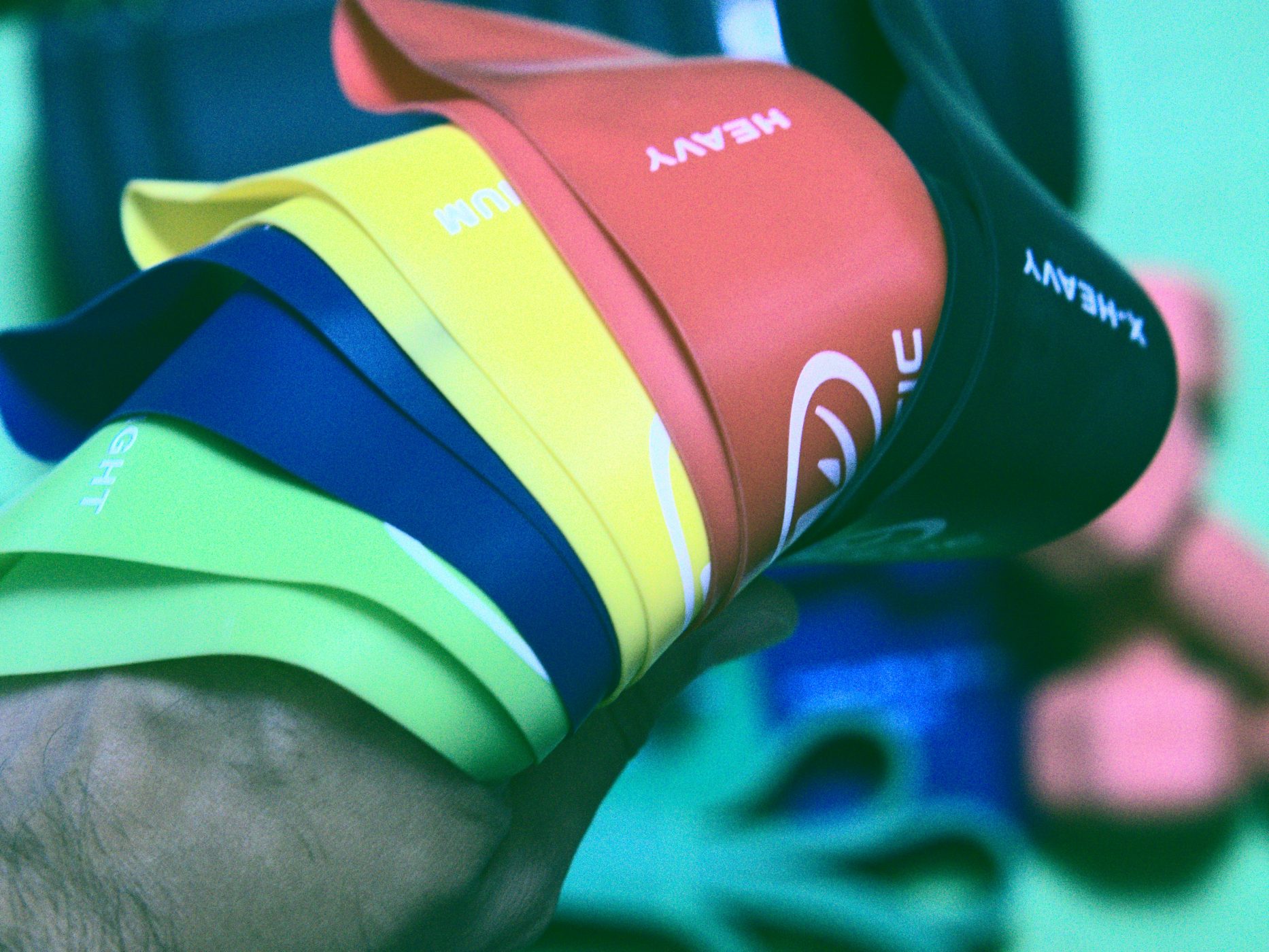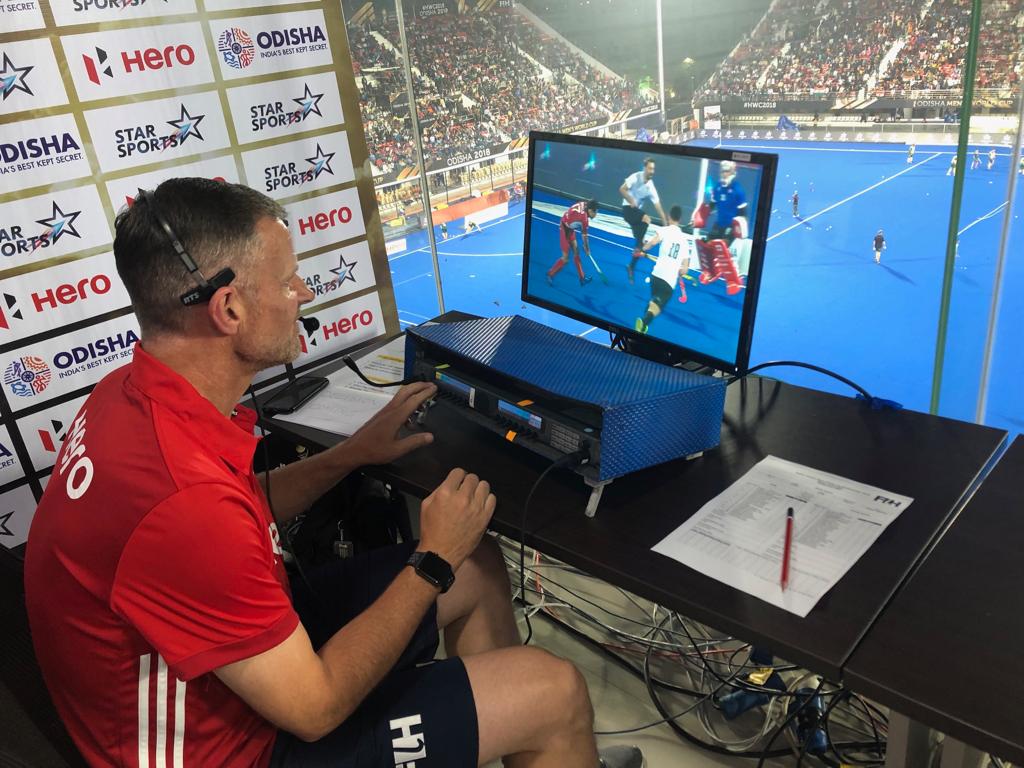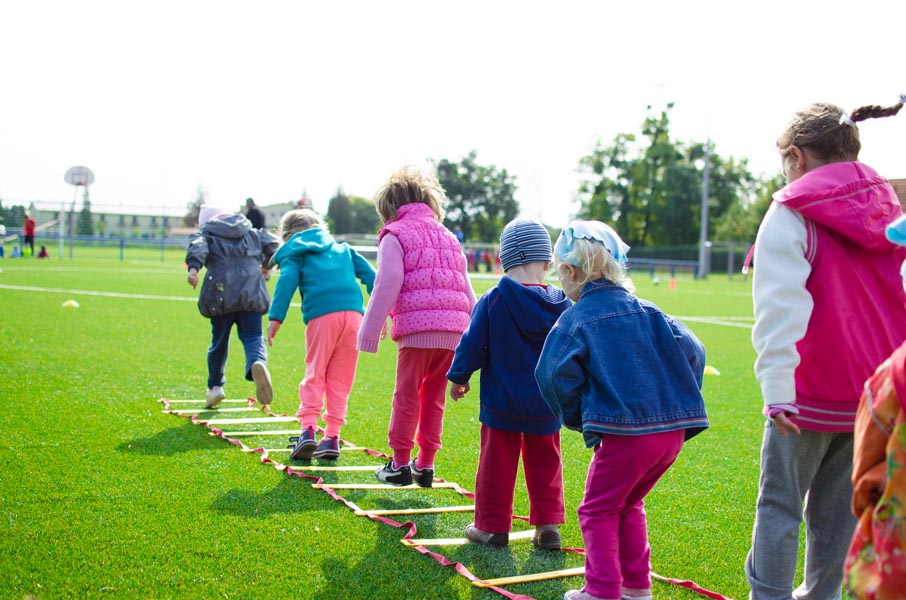Hydration without the Hype

These days, you walk down the supermarket aisle to get yourself sorted for your game on the weekend. You know that hydration is key to performing well. You’re all over it. You’re going to be SOOO hydrated!
But… WAIT. A. GODDAMN. MINUTE. How can hydration take up half the aisle?!?
There are SO MANY OPTIONS.
Water. Water with flavours. Water with electrolytes. Sports drinks in every colour imaginable. Powders to add to your drinks. Low sugar. Low carbs. No added colours and flavours (uhhh huh, sure). Milk. Milk with super sports performance things added. Little tablets. Tins of stuff. The list goes on…
What do you choose? I know! Google will have the answer!
*Googles best drink to hydrate during sport*
*Freaks out at all the information*
*Gives up and leaves*
When it comes to sports drinks, performance enhancing claims are everywhere, but what do we actually need pre, during and post game to keep us on track?
Rather than spending hours on the internet, trawling through information that may or may not be true, I’ve got an actual accredited practicing dietitian, Emily Currie, to help us lift the lid on what’s best in the bottle, so that you can perform at your best without the worry and hassle!
Hydration without the Hype
Drink it in, sweat it out
During a 70 minute game your body is using up glycogen (stored glucose – a.k.a. sugar) from your muscles and liver. This needs to be replenished to keep you on the ball, but you are also losing fluid and electrolytes (a.k.a. salt – sodium and some potassium).
An average athlete loses 800ml – 1.4L of sweat per hour! While it’s mostly water, they’re losing up to 2000mg sodium in that hour too. Sodium concentrations in sweat vary a lot from person to person, but whatever is lost needs replacing to keep your muscles firing right and your performance at peak level. If you want an accurate assessment of what you’re losing, contact a sports scientist, dietitian or physiologist.

What to drink?
Water, sports drinks, milk, energy drinks – there’s so much on the market these days, all claiming to be the one that will hydrate you the best and keep you at peak performance. There’s also so much advice out there, and it can be hard to know, and understand, which advice is best.
Starting well hydrated is important to prevent the outcomes of dehydration: poor focus – which can be a disaster for us as umpires(!!), nausea, muscle cramps, even vomiting!
Pre-game = hydration window!
The most important thing is to start right:
- Drink enough water before your game, and throughout the day, to maintain straw coloured urine
- Have a meal, ideally 3-4 hours, before your game
During exercise
Water
If you are doing low intensity training, or exercising for under 45 min, water is all you need.
500-800 ml each hour, depending on the weather and how much sweat you lose. Drink enough to maintain light straw coloured urine throughout the day.

Sports drinks
A lot of athletes and umpires will choose a sports drink to provide carbohydrates, salts (electrolytes) and fluid in one. Sports drinks are good during your game, particularly if the weather is warm, you’re sweating a lot or you have multiple games in one day.
500ml of Gatorade / Powerade contains about 30g carbohydrate, 255mg Sodium 112mg potassium. An appropriate amount for a tough or intense game.
Taking in water along with carbohydrates and salt increases absorption of all three. But, whilst this combination is better than having water, electrolytes and carbohydrates by themselves, you don’t have to choose a sports drink to make it work.
Water + food
If you don’t fancy sports drinks and are up for eating at half time or in between games, aim for 500-800ml water throughout the game and some food – a source of carbohydrates (15-30g), sodium (150-400mg) and potassium (100-300mg). What does that look like? Well it could be:
- 1 large banana (26g carbohydrates, 1mg sodium, 461mg potassium) + handful salted nuts (6g carbohydrates, 214mg sodium, 197mg potassium)
- 1 muesli bar with fruit/nuts/chocolate, such as Carman’s salted protein bar (12g carbohydrates, 176mg sodium, potassium unknown)
- A peanut butter sandwich – 2 slices bread + 1 tablespoon of peanut butter (32g carbohydrate, 400mg sodium, 100mg potassium)
- 10 Jatz crackers (27g carbohydrate, 201mg sodium, potassium unknown) + 1 tablespoon of hummus (1.5g carbohydrate, 85mg sodium, potassium unknown) + 3 cherry tomatoes (1.2g carbohydrate, 4mg sodium, 110mg potassium)


If you’d like some more info on what to eat pre- and post-game, check out the Fuelling Your Fire post.
Post game = Replenish your stores
After training or a game muscle recovery for your next session is key. You need to re-hydrate and replenish glycogen (carbohydrates) and protein for muscle repair – ideally within 60 minutes of finishing.
There are many recovery products on the market, however chocolate milk has been shown to be effective in reducing muscle soreness and fatigue*. (Rhiannon: YEEEESSSS!!!)
375ml classic chocolate milk provides a combination of 12g protein and 35g carbohydrates.
Remember to keep drinking water throughout the rest of the day or evening and pace yourself with alcohol, aiming for good hydration the next day.

So, problem solved! Water pre-game. A sports drink OR water + food during your games. Chocolate milk post-game, with more water over the day. SIMPLE! Thanks Emily!

Emily Currie is an Accredited Practicing Dietitian. She completed a Masters in Nutrition and Dietetics at Flinders University in Adelaide, Australia and has worked as a Dietitian across South Australia, providing personalised nutrition counselling to individuals and groups. In practise, Emily’s special interests lie in sports performance, health at every size and the non-diet approach, diabetes, food intolerance and allergy, and exploring our emotional and historical relationship with food and eating.
Outside of work Emily has a penchant for stupid craft-wares and anything delicious, so you’ll often find her trawling Adelaide’s pop-up and central markets for bargains with a bubble tea in hand!
Make sure you never miss cool information like this by signing up to the newsletter. Don’t worry, I value your inbox just as much as my own and I promise never to spam you!
For behind the scenes action and extra tips and tricks, follow Five Metres Please on Facebook, Instagram and Pinterest. And if you liked this post, why not share it using the buttons below? We’ve got more great fitness and nutrition advice over on our Fitness page, including what to eat to Fuel Your Fire.
References:
*https://www.karger.com/Article/Abstract/341954
https://onlinelibrary.wiley.com/doi/full/10.1111/j.1600-0838.2010.01207.x




You must be logged in to post a comment.